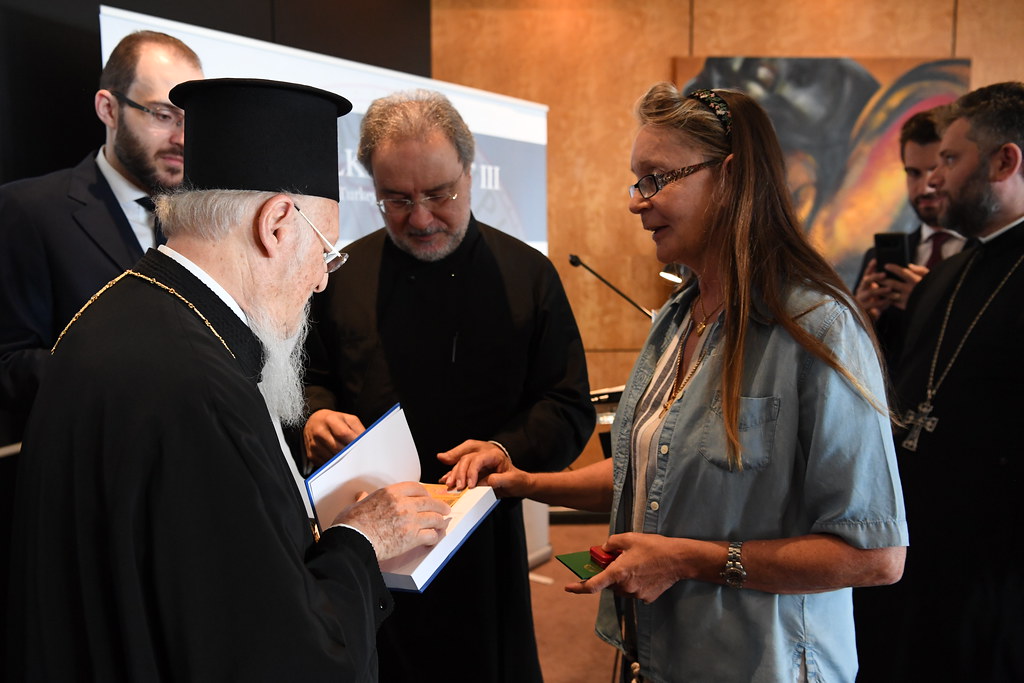His All-Holiness Ecumenical Patriarch Bartholomew recently hosted the third Halki Summit from May 31st to June 4th, 2019. The summit convened distinguished representatives of Orthodox theological schools and seminaries from all over the world, and focused on the theme of “Theological Formation and Ecological Awareness.” Some 50 delegates from over 40 institutions were in attendance.
Summit participants heard addresses by prominent environmental theologians (Orthodox, Roman Catholic and Protestant), and discussed ways in which ecological awareness and compassionate care for animals, could be fostered and advanced in Orthodox institutions of higher learning throughout the world by means of courses and other programs related to creation care.
The ultimate purpose of this event was to promote environmental sensitivity, including compassionate care for animals, in the core curricula of theological institutions by continuing the spirit of dialogue and exchange expressed during the two previous summits; as well as the Ecumenical Patriarchate’s long standing concern and ongoing initiatives over three decades for the protection of the natural environment.

My role was to speak on behalf of the animals and I outlined how compassionate care for animals has always been an integral part of Orthodox theology and offered avenues for academic exploration of the theme. In order to facilitate engagement, I presented each institution with a copy of my recent book which outlines many early and contemporary examples of compassionate teachings. It offers a theology of compassion and integration rather than that offered by the existing dominant theology of separation.
I argued that it is time for us to turn away from the utilitarian arguments of Aristotle, Augustine and Aquinas and turn instead to early and contemporary Orthodox teachings which advocate extending justice and mercy to the non-human world.
I also asked that we accept offers to participate in projects such as the Christian Ethics of Farmed Animal Welfare, even if we are unsure of our ability to commit to their findings. Establishing an Orthodox voice in the West should be part of our collective Mission to ‘spread the good news of Christ’ and Mission was the overarching theme of my presentation.
In the question and answer section of our session, I was asked two questions – one on Personhood and the other on Animal Experimentation, neither of which related to my presentation. I admit to being taken back by such questions from an audience consisting mainly of theologians but it indicates that they too are interested in such topics. I was comforted by comments from a senior theologian that i successfully defended my position but I would have preferred that questions had focused on the topic of education, rather than the two most emotive themes in the Animal Protectionist world.
There is now a steering committee, which will try to keep the spirit of cooperation and collaboration moving forward and hopefully we shall soon see positive changes in academic and seminary courses.

You can learn more about the Halki 111 Summit and the Ecumenical Patriarch Bartholomew’s environmental justice positions on the website.
https://www.patriarchate.org.
